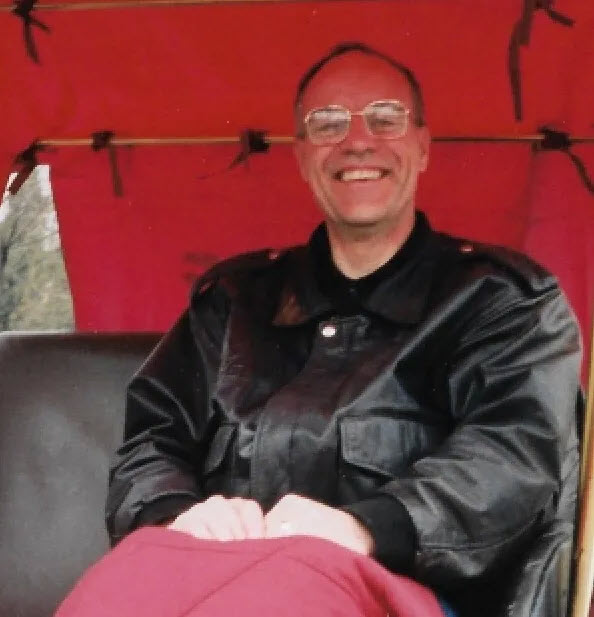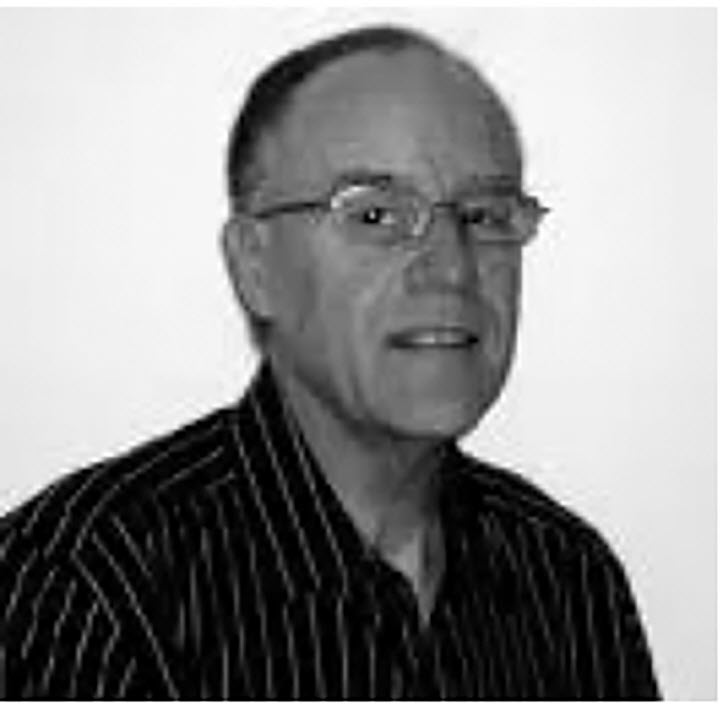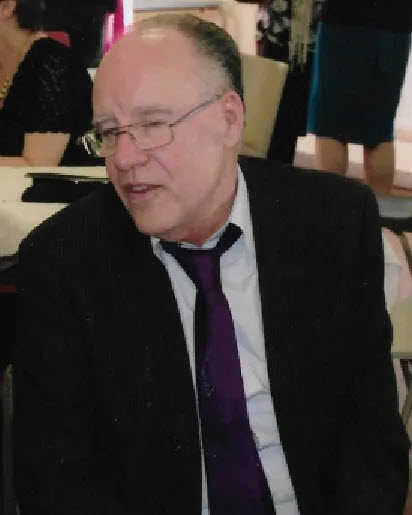Matthew Courtney, Watts Up With That?
Sad to announce that Richard S Courtney died on Monday 30th September 2024, the day before his 78th birthday, at his home in Falmouth, Cornwall, UK. He had been suffering from the effects of cancer and its treatment for a long time. Coincidentally, this was the day the last coal-fired power station in the UK was shutdown.

In better health, he had been active on this website from the early days. He managed the full gamut of interactions, from authoring an article to getting banned for a while. It is clear that many people here disagreed with his views, but he valued debate and always enjoyed robust interactions. I know that he viewed many here as online friends and would want you all to know of his passing.
For those who came to this website after he was too ill to comment here, he is of note as the First Sceptic of AGW. The story behind that claim is as follows.

He had worked his way up to Head of Research for the Coal Board in the UK. Back in the early 1980s, the EEC was pushing to put heavy levies on coal to pay for acid rain. France, which had nuclear power stations, saw this as being fair and just and economically advantageous to them.
It was Richard S Courtney who first mapped the prevailing winds and the affected forests and determined that most acid rain in Europe was caused by fertilized runoff in river deltas – causing algal blooms and sulphates. France had no desire to annoy the farming lobby, so the EU legislation went away, with some demands for SOx scrubbers replacing the tariffs.
The Coal Board then asked him what would be the next green scare that could adversely impact industry?
He researched and found this obscure theory of Arrhenius that had been rejected as an immeasurably small effect for most of a century. But it could be the next Acid Rain. And it could be even bigger than Acid Rain as everything creates CO2.
He warned against the AGW scare before the miner’s strike, before Chernobyl and before Thatcher had reason to promote the anti-fossil fuel (or rather anti-coalminers) movement, 5 years later.

He went on to contribute to IPCC reports and to publish papers on energy and the environment, and became a technical editor of the journal, ‘Energy and Environment’.
He is survived by children, grandchildren and a great-granddaughter.
